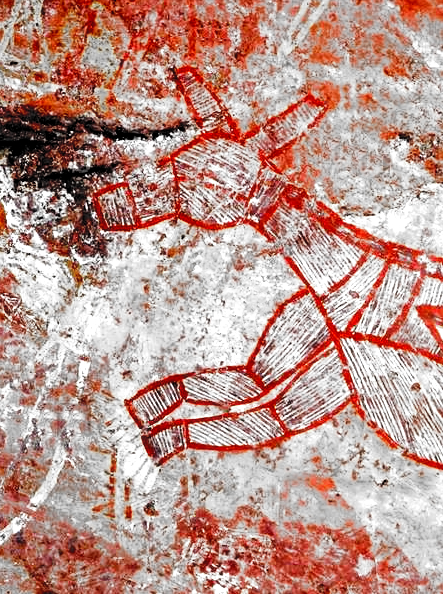More measures to protect sacred sites
 The Northern Territory Government has received 39 recommendations to improve the protection of sacred sites.
The Northern Territory Government has received 39 recommendations to improve the protection of sacred sites.
The review calls for a range of changes, including stop-work powers, to increase protection for vulnerable and important areas.
The Aboriginal Areas Protection Authority says the introduction of stop-work powers might prevent issues like the site damage at Bootu Creek from being repeated.
Mining company OM Manganese was fined $150,000 for desecrating a sacred site known as Two Women Sitting Down at Bootu Creek, about 170 kilometres north of Tennant Creek.
The case became a landmark, as it was the first successful prosecution of a mining company by a government authority for desecration.
Aboriginal Areas Protection Authority chief Dr Ben Scambary says that at the moment, the Authority cannot do anything if sacred sites are damaged.
“Which has been a difficulty at times where we are aware on the spot that a sacred site has been damaged, but we don't have the power to stop work, only to provide advice that an offence under the act might be being committed,” he told reporters.
But Joe Morrison, chief of the Northern Land Council, said the review team appears not to have contacted custodians of sacred sites.
“Only organisations like developers, and obviously Northern Territory government and the land councils in the Territory [were consulted],” he said.
“But I think that there could have been more comprehensive responses given by Aboriginal traditional owners and custodians, who in fact are very concerned about sacred site protection.”
Still, Mr Morrison agrees with the recommendations to increase the penalty for desecrating sites, but says more action is needed to bring about meaningful improvements to the legislation.
“We certainly believe that there was a missed opportunity to strengthen the act... because there were no recommendations covering measures such as mandatory sacred site clearances for major works. That's currently is not the situation.”








 Print
Print